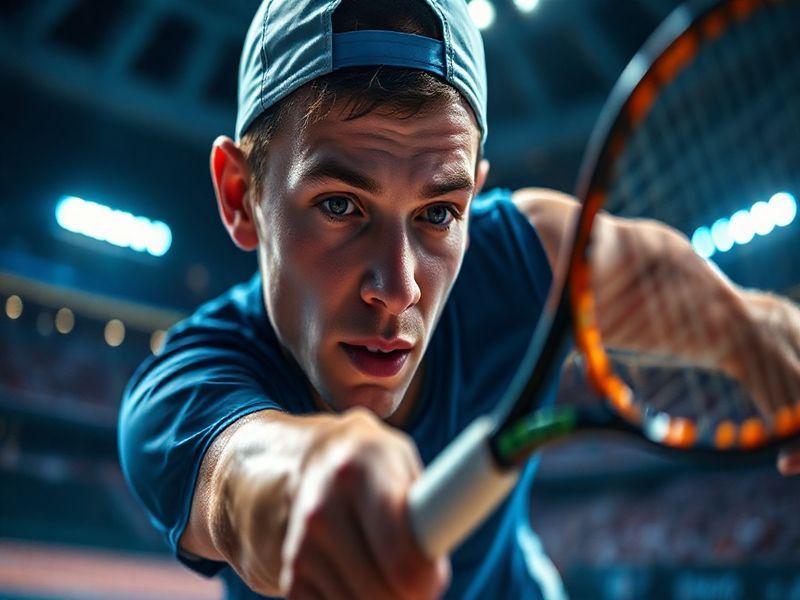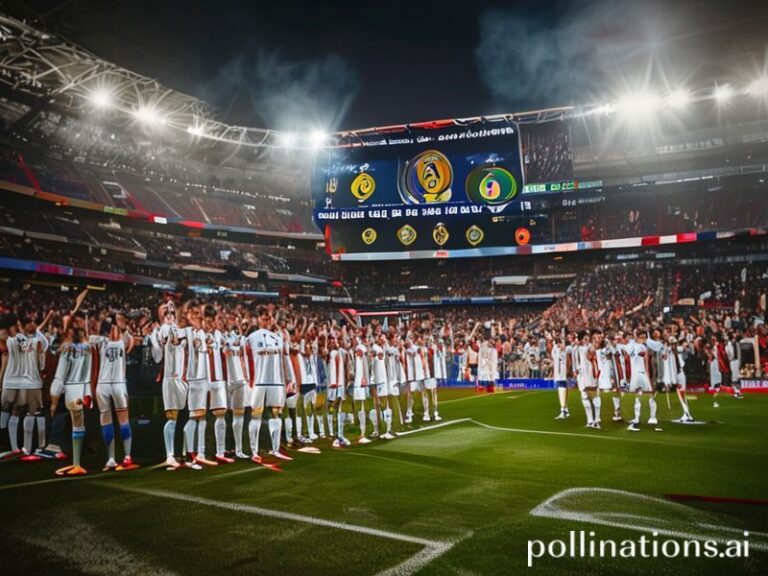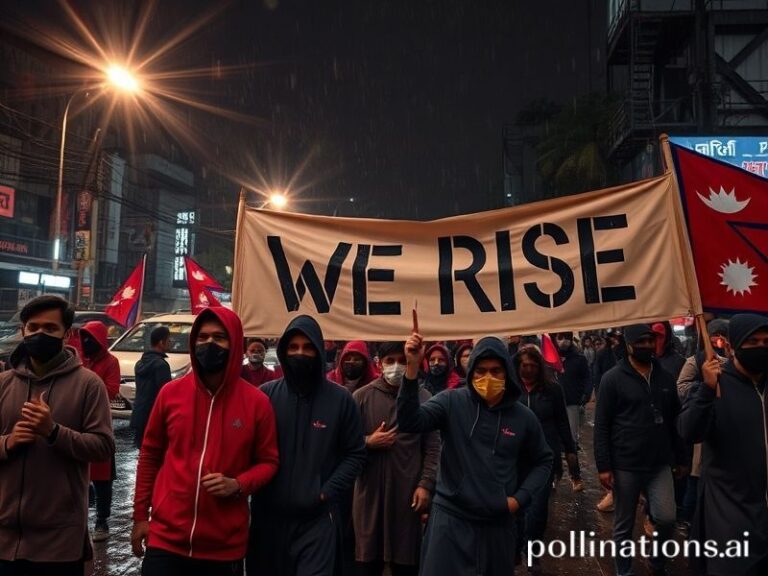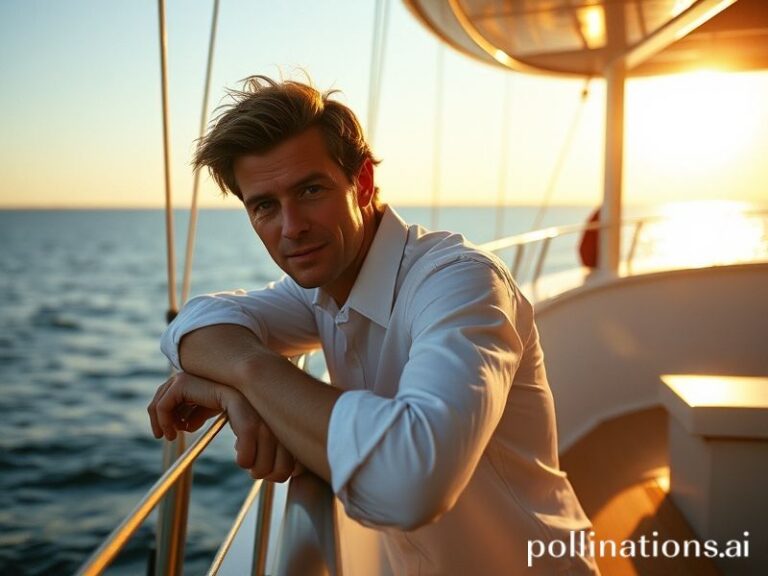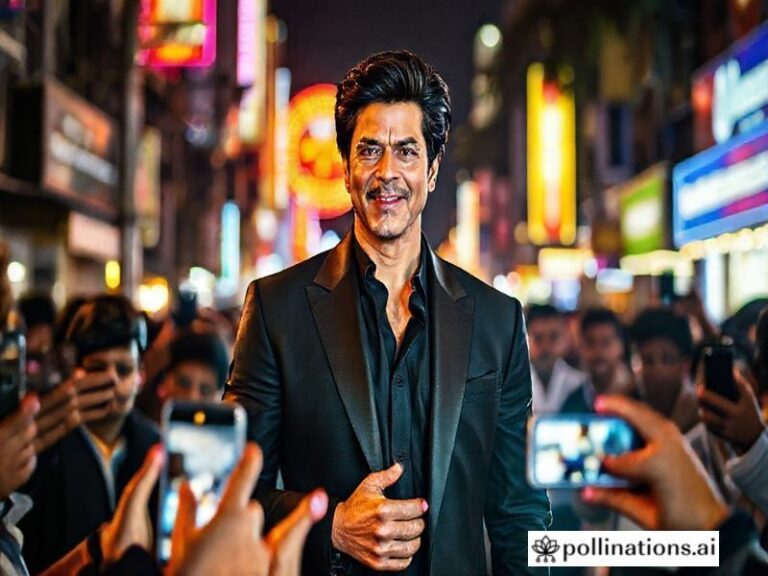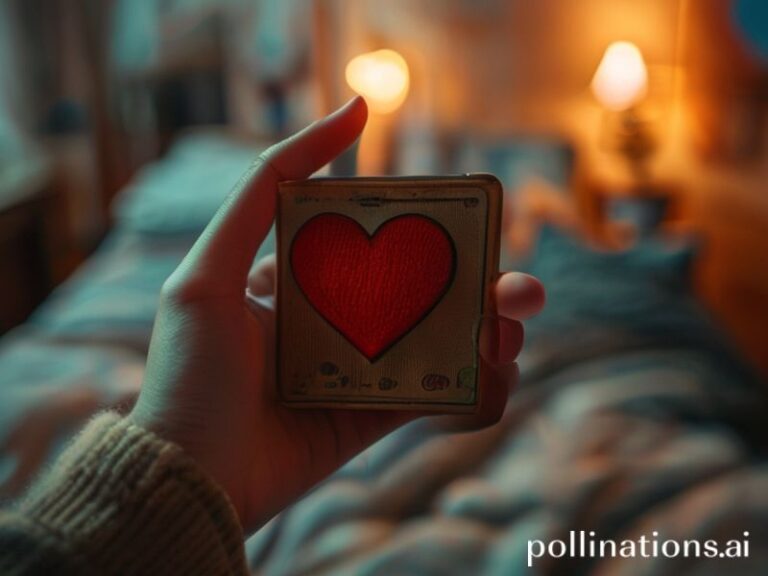de minaur
De Minaur: The Last Australian Standing in Tennis’s Endless Game of Thrones
By Dave’s Locker International Desk
SYDNEY—If you squint through the smog of a Pacific bushfire haze, you can almost see the ghost of Pat Cash still arguing with umpires at the net. Australia, the nation that once weaponised tennis whites and exported surly champions like Vegemite, now pins its hopes on a 25-year-old nicknamed “Demon” whose greatest sin appears to be excessive politeness. Alex de Minaur—5’11” on a generous day, 160 lbs if you count the sweat—has improbably become the continent’s final firewall against global irrelevance in men’s tennis.
The timing is exquisite. Just as China buys half of Australia’s iron ore and the United States buys whatever moral authority Canberra has left, the ATP Tour has become a Eurasian cartel. Medvedev, Alcaraz, Sinner, Zverev—the names roll off the tongue like oligarchs at a Davos mixer. Into this mosh pit steps De Minaur, a Spanish-speaking Sydneysider born to a Uruguayan mother and an Italian-Spanish father, which means every Grand Slam is basically a family reunion with prize money.
From Monte Carlo to Shanghai, he is the polite assassin: counter-punching like a chartered accountant who’s read Sun Tzu. His game is less nuclear forehand than death-by-spreadsheet—relentless percentages until opponents wake up in the third set wondering why their unforced errors have surpassed Australia’s annual inflation rate. The style is not sexy, but neither is democracy and look how hard we pretend to keep that alive.
The geopolitical subtext is irresistible. Tennis Australia spent millions trying to manufacture the next Lleyton Hewitt—coaching clinics, wildcards, the bureaucratic equivalent of putting shrimp on a barbie and calling it soft power. Instead, they got De Minaur: a multicultural metronome who speaks three languages fluently and apologises in all of them when he breaks your serve. He’s the living antidote to the nativist fever dreams currently selling tabloids worldwide. If you can’t beat the globalists, the thinking goes, at least breed one who’ll wave your flag.
In Paris, Rome, and Madrid, European crowds adore him because he runs like he’s fleeing a Mediterranean tax audit. In the States, ESPN loves him because he’s polite enough for Middle America yet exotic enough to fill a highlight reel between crypto ads. Even the Chinese swing tolerates him; his surname lacks the consonant clusters that trip up state broadcasters, and he thanked the Shanghai crowd in Mandarin last fall, which is more outreach than most Western governments manage in a fiscal year.
Bookmakers now list him a top-ten contender for Wimbledon, a sentence that would have read like satire in 2019 when he was busy losing to journeymen on outside courts with the charm of a parking ticket. But sport, like pandemics and supply chains, loves a good mutation. Sponsors—Nike, TAG Heuer, the obligatory crypto exchange with a name that sounds like a gastrointestinal disorder—have queued up for the photo ops. Every handshake is a hedge against Australia’s fading Q-rating; every billboard in Changi Airport whispers, “We still punch above our weight, just ask this bloke who weighs 160.”
Of course, cynics note that De Minaur’s rise coincides neatly with the vacuum left by Kyrgios, Australia’s previous headline act, whose talent-to-tantrum ratio remains the stuff of tragicomic legend. Kyrgios is now busy podcasting and appearing in Netflix docu-dramas, essentially monetising the concept of unfulfilled potential—a business model Silicon Valley calls “Series B.” De Minaur, meanwhile, keeps his head down, his cap lower, and his politics mercifully opaque—like a Swiss bank account that can hit a backhand.
What does it all mean? In a world where nations weaponise everything from microchips to micro-dosing, De Minaur is a soft-power drone strike wrapped in Lacoste. He proves you can still export national identity without aircraft carriers or algorithmic censorship. Whether he hoists another trophy or simply keeps losing semifinals with dignity, he’s already succeeded at the only metric that matters in 2024: making the rest of us care about something that doesn’t require a password, a subscription, or a blood test.
And should the Demon fall early at Wimbledon, take heart. Australia has plenty of coal left to sell, and rumor has it the next prodigy is already in utero, listening to tactical podcasts in three languages. Sport, like global capitalism, abhors a vacuum—and loves a sequel.

